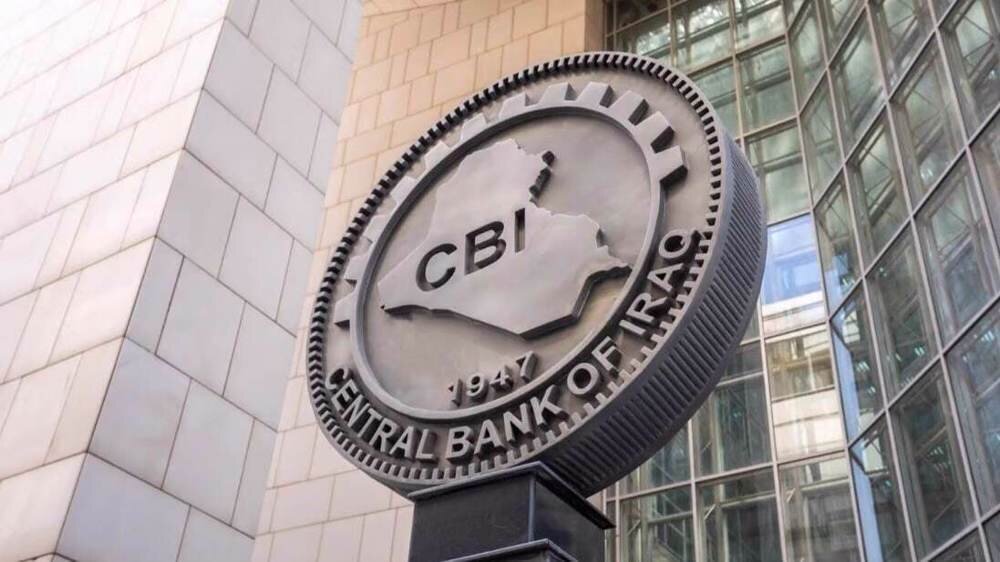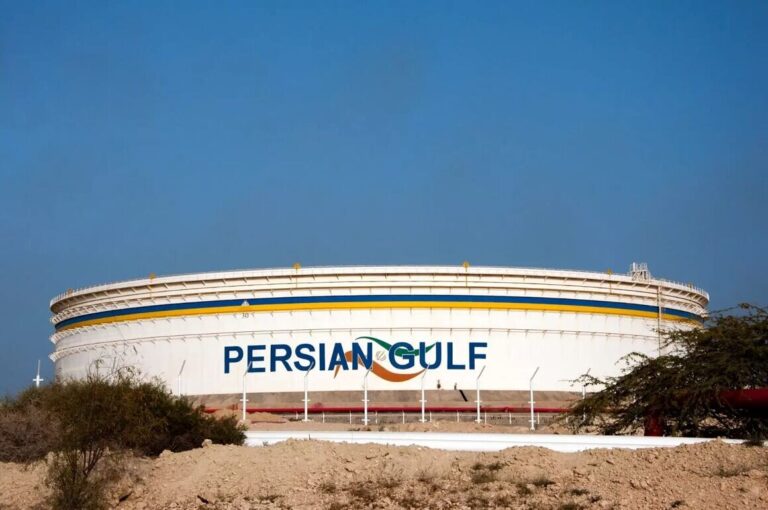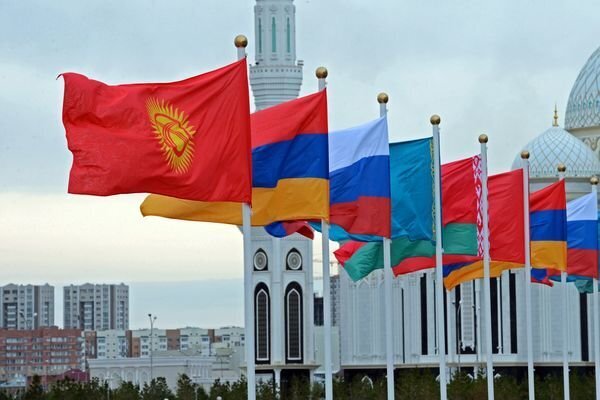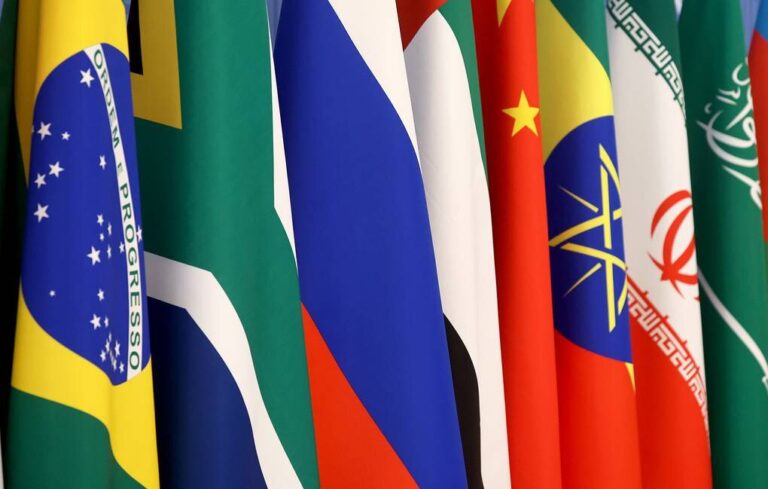Iraq Expands US Dollar Transaction Ban: More Banks Targeted in Financial Crackdown
Iraq is taking significant steps in collaboration with the United States to restrict local banks and financial firms from engaging in US dollar transactions. This move is part of a broader strategy by the new government in Washington aimed at limiting Iran’s access to global banking services.
According to a report from Reuters, Iraq’s central bank plans to prohibit five banks and three financial companies from offering dollar-based banking services to their customers. This decision was reached during a recent meeting in Dubai involving officials from the Central Bank of Iraq, the US Treasury, and the Federal Reserve, as reported by PressTV.
The new restrictions align with US President Donald Trump’s “maximum pressure” policy towards Iran, as Tehran derives substantial revenues from its exports to Iraq. However, there has been no official comment from either the Central Bank of Iraq or the US Treasury regarding this development.
In the previous year, Iraq had already banned eight banks from conducting US dollar transactions. The latest round of bans will include:
- Al-Mashreq Al-Arabi Islamic Bank
- United Bank for Investment
- Al Sanam Islamic Bank
- Misk Islamic Bank
- Amin Iraq for Islamic Investment and Finance
Additionally, payment services from Amawl, AL-Saqi Payment, and Aqsa Payment will also be affected by these bans.
Iran’s non-oil exports to Iraq are substantial, generating over $12 billion annually. The country also exports a significant amount of natural gas and electricity to its neighbor. Despite these economic ties, Baghdad has managed to secure a series of waivers from US sanctions to continue importing energy from Iran.
However, the Iraqi government has faced challenges in making payments for these imports, primarily due to the sanctions that complicate the ability of banks within Iraq to process dollar-based transactions. This situation highlights the delicate balance Iraq must maintain in its economic relations with Iran while navigating the pressures imposed by US sanctions.
The ongoing restrictions underscore the complexities of international banking and trade in a region where economic interdependence exists alongside geopolitical tensions. As Iraq continues to work closely with the United States, the implications for its banking sector and economic relationships in the region are likely to evolve.
In summary, Iraq’s recent efforts to ban several banks from engaging in US dollar transactions reflect a significant shift in its financial landscape. The collaboration with the United States aims to curb Iran’s economic influence, particularly as Iraq grapples with the challenges posed by existing sanctions. As these developments unfold, the focus will be on how Iraq’s economy adapts to these changes and the potential impact on its financial institutions and cross-border trade.






